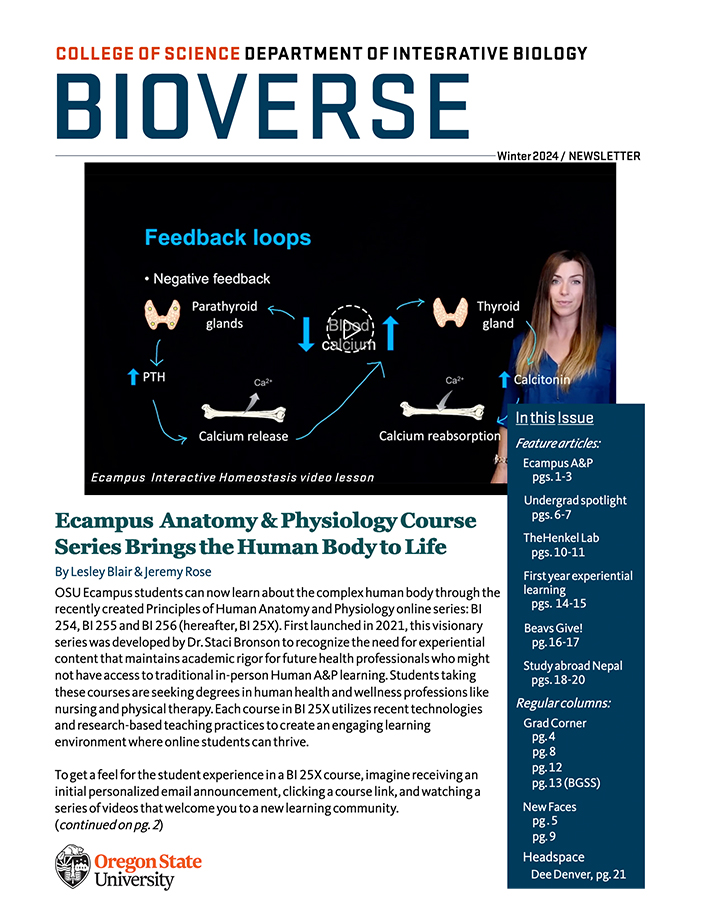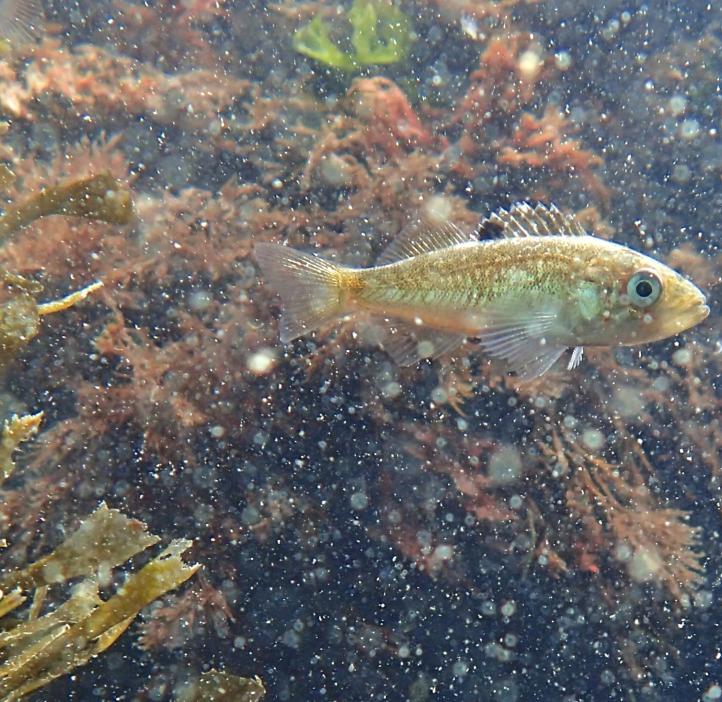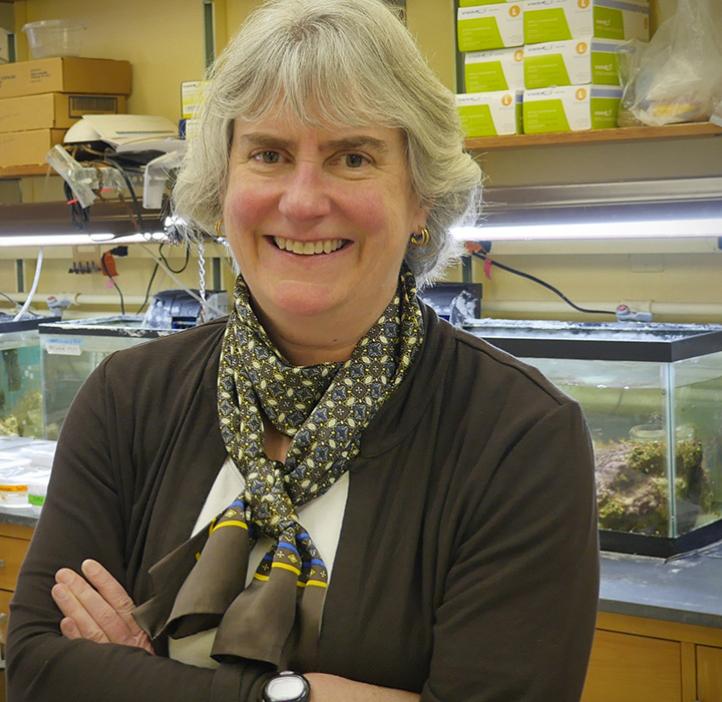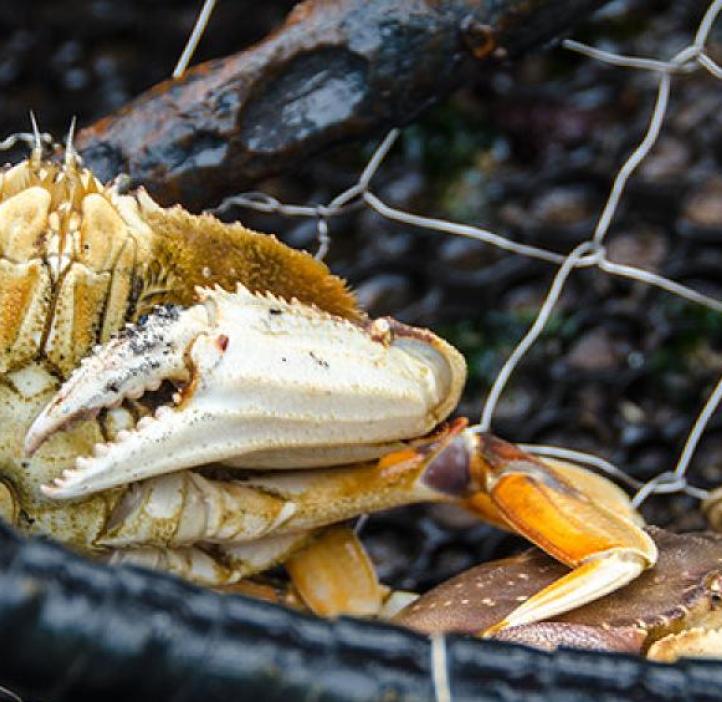At the intersection and integration of biological processes
The nationally ranked Department of Integrative Biology combines exceptional research and teaching across the fields of genetics, genomics, physiology, ecology, systematics, and evolutionary biology to address critical problems related to the environment, ecosystems, human and animal health.






